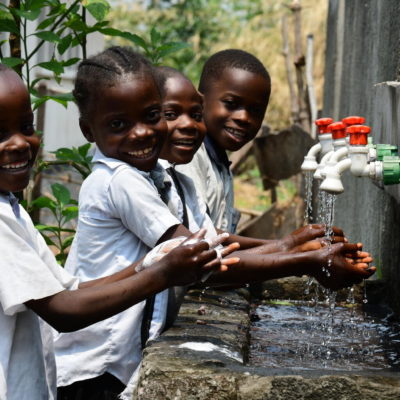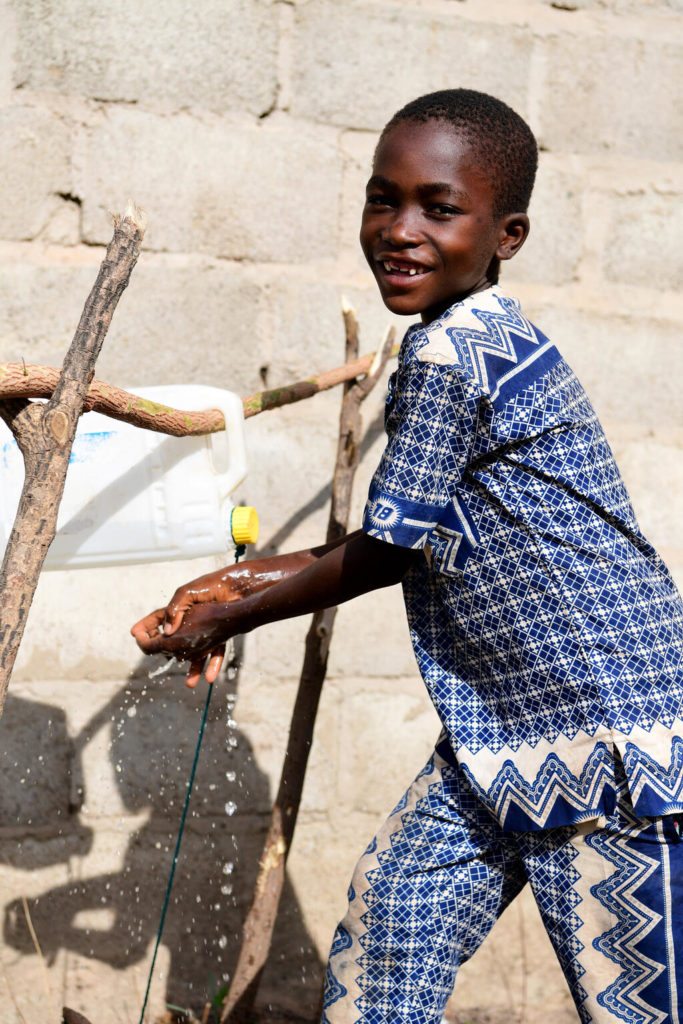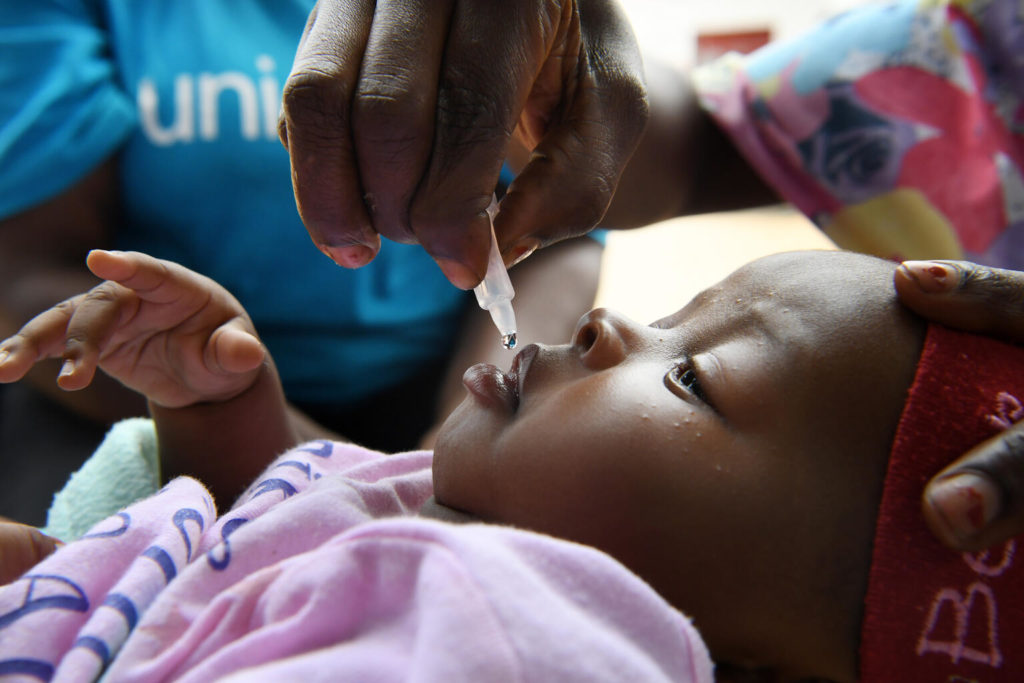Vaccines and Clean Water (SDG Blog Series)
Vaccines play an important role in preventing disease spread by unclean water and poor sanitation. Shot@Life supports the UN's SDG 6 to provide clean water across the world.

SDG 6: Clean Water and Sanitation + Disease
Globally, 1 in 3 people do not have access to safe drinking water. The sixth SDG aims to ensure everyone has access to water and sanitation, which includes clean water, sanitation, high water quality, and efficient water use.
Access to clean water is vital to reduce diseases associated with inadequate water supply, sanitation, and hygiene. Contaminated water and poor sanitation can lead to a variety of diseases, such as cholera, diarrhea, typhoid, plus the risk of infections is much greater. Many diseases linked to unsafe drinking water and poor sanitation are preventable, but ensuring access to clean water and sanitation includes many challenges, such as water scarcity and climate change.
With cleaner water and sanitation practices, more opportunities rise for communities to thrive. Access to clean water and sanitation can lead to communities experiencing better health, education, and economies.
Sanitation and Health
Without safe drinking water and sanitation, communities are at risk for serious health implications. About 88% of deaths associated with diarrhea are due to unsafe water, sanitation, and hygiene. Diarrhea can lead to death by causing severe dehydration due to the depletion of body fluids. This is often caused by germs spread by the stool of one person to the mouth of another—which is why clean water and proper sanitation is vital to preventing illness.
Progress toward Sustainable Development Goal 6 has been made, as 1.8 billion people have gained access to basic drinking water services since 2000. However, the inequities are still extensive, with rural communities being the most at-risk for lack of access to clean water. SDG 6 is an ambitious goal that calls for access to safe and affordable drinking water, sanitation and hygiene, the end to open defecation which can pollute drinking water supplies, and improved water quality and water-use efficiency. By improving these conditions, people around the world will be able to live longer and healthier lives.
Sanitation and Vaccines
As communities strive toward cleaner water and cleaner living conditions, vaccines play an important role in preventing illnesses caused by unclean water and poor sanitation. One of Shot@Life’s focus diseases is often linked to poor sanitation; rotavirus is the cause of severe childhood diarrhea, which leads to more than 525,000 deaths a year. Although good hygiene reduces the risk of rotavirus transmission, the rotavirus vaccine is the best way to protect people from the disease. Nine out of 10 children who get the vaccine will be protected from severe rotavirus disease.
By combining access to clean water, sanitation, and access to vaccines, diseases such as rotavirus can be greatly reduced. As we strive to reach Sustainable Development Goal 6, it is important to remember the intersection of clean water with other public health interventions such as vaccines. Together, they are a powerful way to promote healthier communities.
To learn more about advocating for lifesaving vaccines such as the rotavirus vaccine, visit our Champion page or register for our Mobilize to Immunize Conference, kicking off our six-month fall advocacy push.


